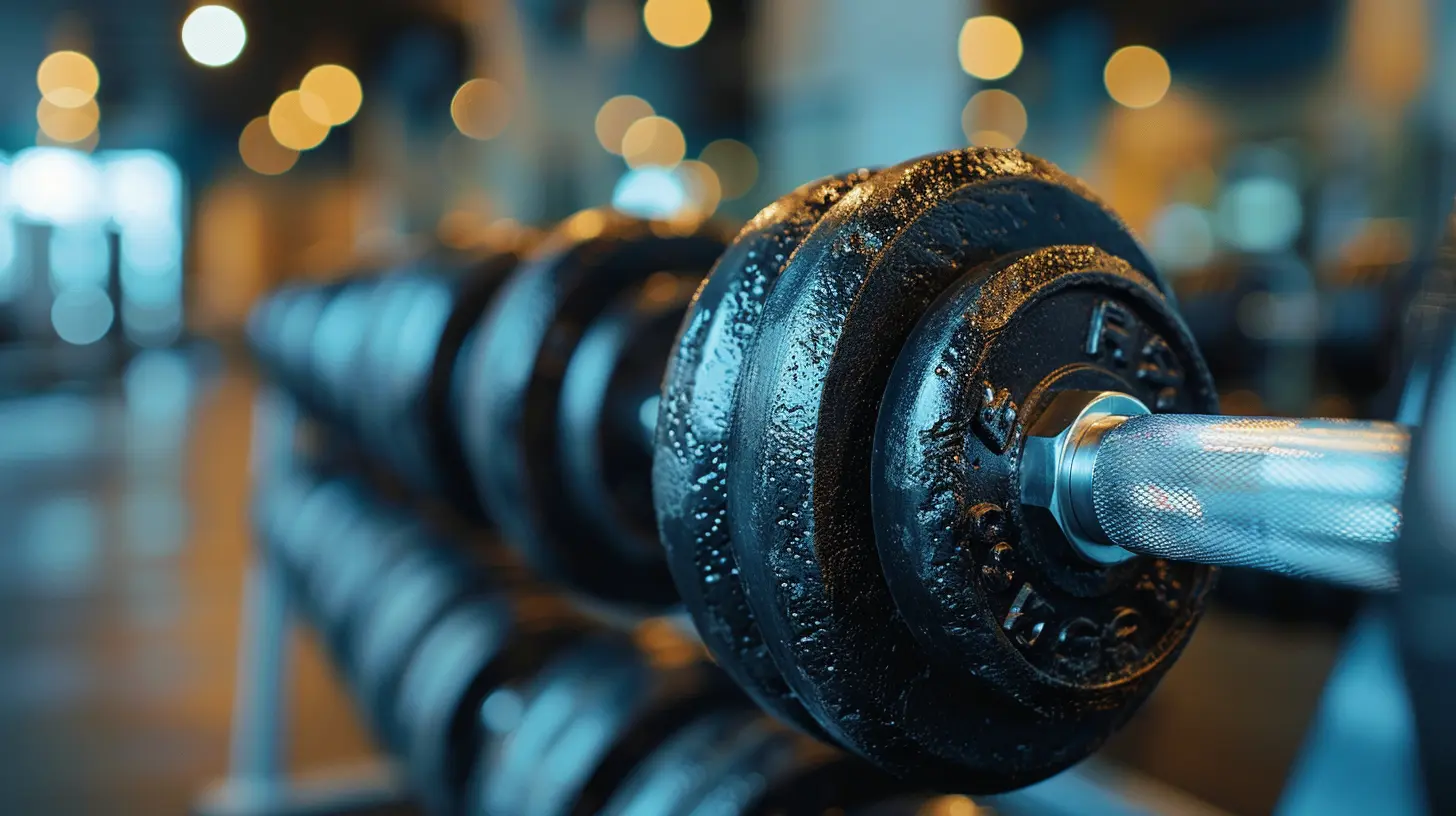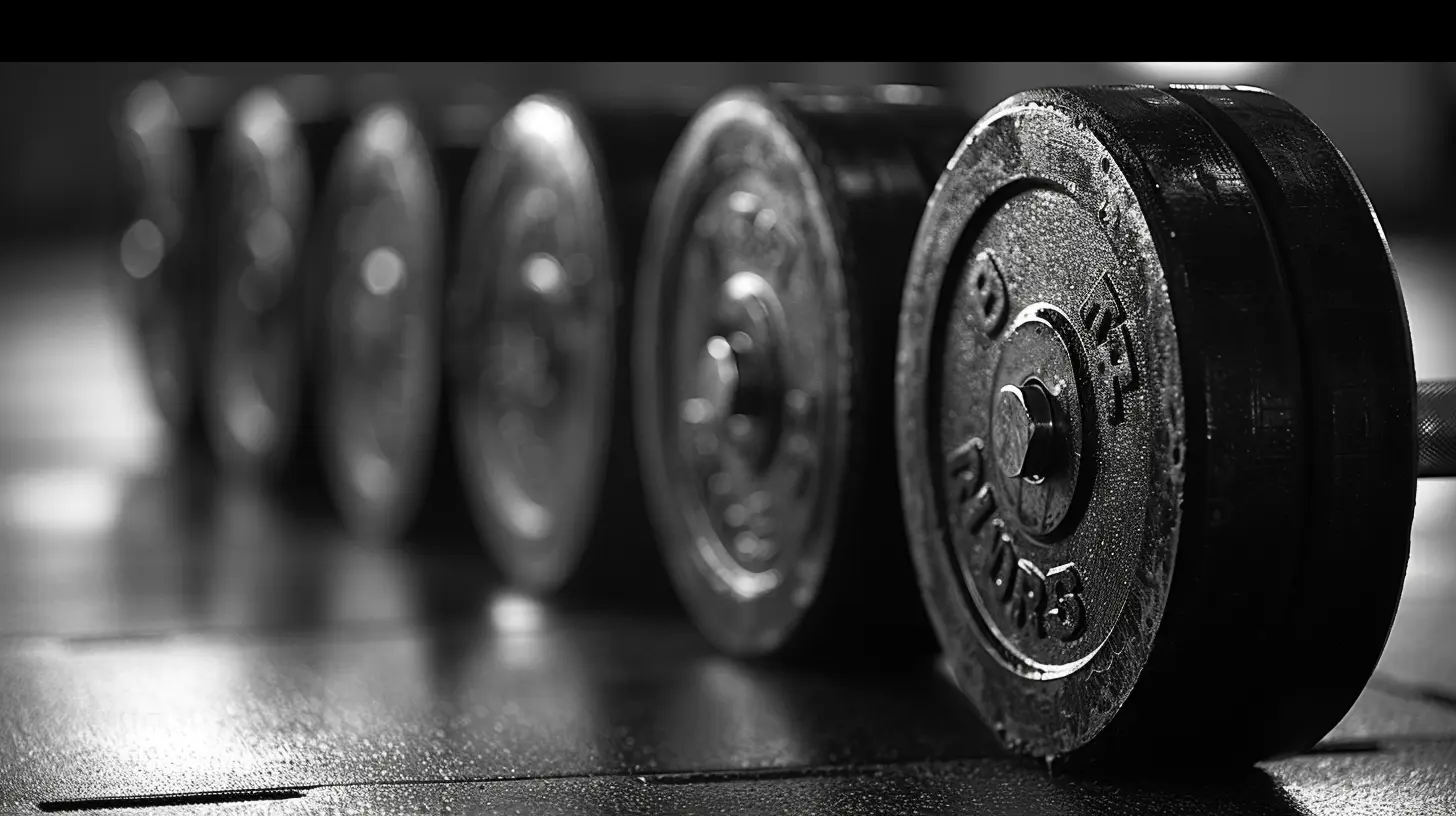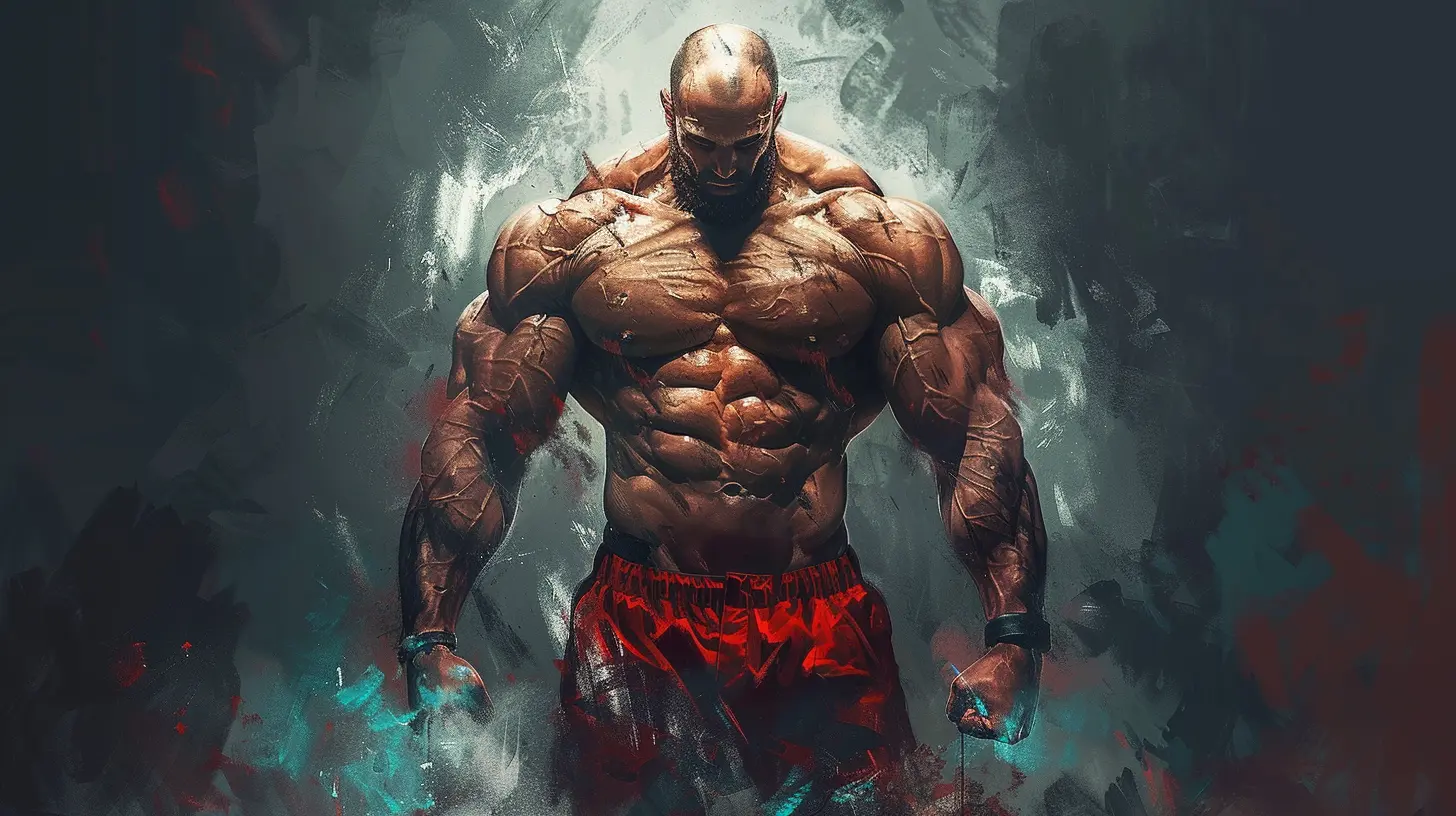How to Prevent Injuries During Bodybuilding Workouts
11 September 2025
Bodybuilding is a powerful journey, both physically and mentally. It molds your body, builds resilience, and elevates your confidence to new heights. But as rewarding as it can be, bodybuilding comes with its fair share of risks—especially when it comes to injuries. And let’s be honest, nobody wakes up thinking, “I can’t wait to tear a muscle today!”
So, how do we stay safe while still pushing our limits? That’s exactly what we’re diving into here. If you want to get stronger without getting sidelined, this guide is your backstage pass to staying injury-free in the weight room.

Why Injury Prevention Is Just as Important as Gains
Let’s take a second to be real: What's the point of building strong muscles if you can't use them because you're injured? Injuries can set you back weeks or even months. They can completely disrupt your routine and, for some, even bring progress to a screeching halt.But here’s the deal—most injuries can be avoided. Seriously. Injury prevention isn't rocket science, and it doesn’t require fancy gadgets or magic potions. With some smart strategies and a little body awareness, you can train hard and still stay safe.
Let’s start with the basics.
1. Respect the Warm-Up: It’s Not Just a Time Filler
Ever try driving a car on a freezing winter morning without letting it warm up first? Spoiler alert—you’re not going anywhere fast. Your body works the same way.A proper warm-up is like sending a heads-up to your muscles: “Hey, we’re about to lift heavy stuff—get ready!”
What Makes a Good Warm-Up?
- 5-10 minutes of light cardio (like brisk walking or cycling)- Dynamic stretches (think arm circles, leg swings, and hip rotations)
- Warm-up sets with lighter weights before jumping into your working sets
Warming up boosts blood flow to your muscles, increases joint flexibility, and primes your nervous system. Basically, it gets everything firing in sync so you don’t pull something mid-squat.
2. Master Your Form Before You Load Up
This is a big one—and it's where a lot of people go wrong.Let’s face it: It's tempting to stack on weight and go full beast mode. But if your form is off, even by a little, you’re walking on thin ice.
Bad form is a silent injury waiting to happen. It might not hurt right away, but over time, the damage adds up—think herniated discs, torn rotator cuffs, or wrecked knees.
Tips for Perfecting Your Form:
- Start with bodyweight exercises to learn proper mechanics- Watch yourself in the mirror (yeah, it’s not just for selfies)
- Record your lifts to spot errors you might not feel during the movement
- Use a coach or experienced lifter to give feedback
Trust me, you’ll lift heavier in the long run by nailing your technique from the get-go.
3. Don’t Skip Mobility Work (Seriously)
Stretching and mobility work might feel like the broccoli of bodybuilding—easy to ignore but incredibly good for you. If you want long-term results without nagging injuries, mobility has to be part of your game.Tight hips? Say goodbye to deep squats. Locked-up shoulders? Good luck benching properly.
Simple Mobility Drills to Try:
- Hip openers (like the world’s greatest stretch)- Shoulder dislocates with resistance bands
- Foam rolling and trigger point release
Think of mobility as oiling the machine—it helps your joints move the way they’re designed to so you can lift safely and efficiently.
4. Progressive Overload, Not Instant Overload
One of the golden rules in bodybuilding is progressive overload—gradually increasing weight, reps, or intensity to push your muscles past their comfort zone.But here’s the kicker: This should be gradual. Like, really gradual.
Jumping from curling 20 lbs one week to 40 lbs the next isn’t progression—it’s an injury waiting to happen. Your muscles might be strong, but your tendons and ligaments take longer to catch up.
How to Stay on the Safe Side:
- Increase weights by no more than 5-10% per week- Prioritize good reps over heavy reps
- Listen to your body—there’s no shame in dialing it back when something feels off
You’re not in a race. Build at your pace.
5. Take Rest Seriously
Ever heard the phrase “There’s no such thing as overtraining—just under-recovery”? While a bit extreme, it has a point.Your body needs time to repair the micro-tears created during lifting. That’s how muscles grow. Skipping rest is like building a house without letting the cement dry.
Rest Guidelines for Bodybuilders:
- Get 7-9 hours of sleep per night (non-negotiable)- Take 1-2 rest days per week
- Consider deload weeks every 6–8 weeks
And remember, more isn’t always better. Sometimes, resting is the most productive thing you can do.
6. Fuel Your Body Like an Athlete
You wouldn’t expect a Ferrari to run on lawnmower fuel, right? Same logic applies to your body.Nutrition plays a massive role in your performance and recovery. Without the right fuel, your muscles can’t repair properly, and you’re more likely to get injured.
Key Nutritional Tips:
- Protein: Essential for muscle repair—aim for around 1g per pound of body weight- Carbs: Give you the energy to power through tough workouts
- Fats: Support hormone function and joint health
- Hydration: Being even 2% dehydrated can tank your performance and increase injury risk
Eating well isn’t just about aesthetics—it’s your injury insurance policy.
7. Know the Difference Between Soreness and Pain
Ah, the age-old gym goer’s dilemma: “Is this normal soreness or did I tweak something?”Let’s get one thing straight—DOMS (delayed onset muscle soreness) is normal, especially after a tough workout. It usually kicks in 24–48 hours later and fades gradually.
Pain, on the other hand, is sharp, sudden, or lingers in weird ways. It’s your body waving a red flag.
When to Worry:
- Pain that’s sharp, stabbing, or radiating- Swelling, bruising, or loss of strength
- Pain that lingers more than a few days or gets worse with movement
When in doubt, sit it out—or better yet, see a professional.
8. Use Supportive Gear Wisely
You don’t need a belt, wrist wraps, or knee sleeves for every lift, but they can help in the right situation—especially if you're moving heavy weights regularly.Just don’t let gear become a crutch for poor form or weak stabilizer muscles.
When to Use What:
- Weight belts: For heavy compound lifts like squats and deadlifts- Wrist wraps: When pressing heavy, especially overhead
- Knee sleeves: For added warmth and support on squats
Use them as support, not a replacement for proper technique or mobility.
9. Cross-Train for Balance and Injury Prevention
It might sound counterintuitive, but spending a little time away from the weights can actually make you a better—and safer—lifter.Cross-training strengthens your core, improves joint stability, and gives your muscles a break from repetitive stress.
Great Options for Cross-Training:
- Swimming (low impact, total body)- Yoga (great for flexibility and balance)
- Bodyweight calisthenics (builds functional strength)
- Light cardio (boosts endurance and recovery)
Think of it as building armor around your gains.
10. Stay Mentally Checked-In During Your Workouts
Your mind is your best safety tool in the gym. Distractions, fatigue, and ego lifting all put you at risk. One sloppy rep is all it takes.Be present with every lift. Focus on your breathing, feel your muscles work, and know your limits. Fitness is not just physical—it’s a mental discipline.
Final Thoughts: Play the Long Game
Injuries suck—there’s just no sugar-coating it. But the good news? Most of them can be avoided with preparation, patience, and a smart approach.Bodybuilding isn’t just about lifting the heaviest weight possible—it’s about doing it safely, consistently, and intelligently. So train hard, recover harder, and stay in the game for the long haul.
Your body is your most valuable asset. Treat it with care, and it will take you farther than you ever imagined.
Keep grinding, stay safe—and lift strong.
all images in this post were generated using AI tools
Category:
BodybuildingAuthor:

Angelo McGillivray
Discussion
rate this article
1 comments
Berenice Palmer
Remember, if you can't lift it, you can't love it! Prioritize safety, or you’ll end up benching your own ego instead of the weights!
September 20, 2025 at 4:41 AM

Angelo McGillivray
Absolutely! Safety should always come first. Listen to your body, and don't push beyond your limits. Your gains will follow!


